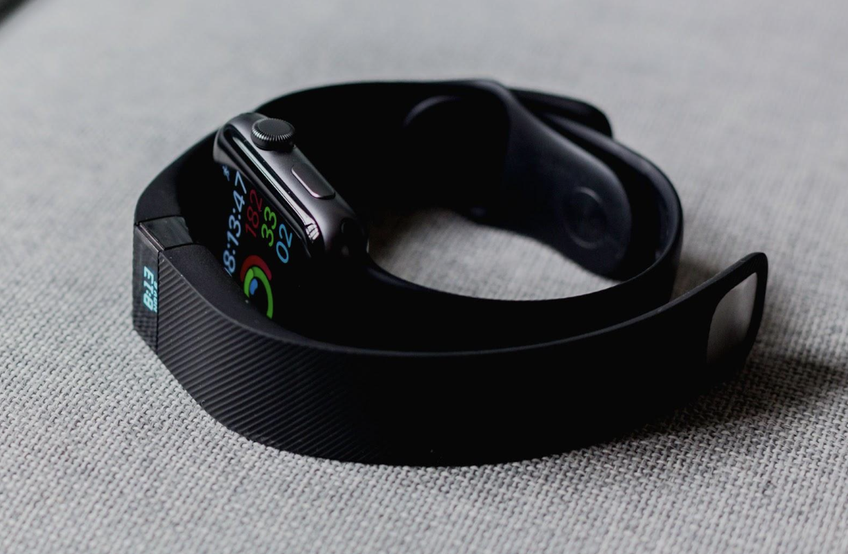The need for noninvasive healthcare technology that allows people to take ownership and gather more insight into their health became acute when COVID revealed the fragility of the hospital system.
This health-driven interest is reflected in the burgeoning healthtech market, currently valued at $174.2 billion.
Wearables play a key role in the healthtech market, a fact Know Labs understands. Know Labs is a medical technology company that unites people’s interest in health and well-being with the need for non-invasive tech. It does so with its Bio-RFID (Body Radio Frequency Identification) platform technology that uses electromagnetic energy in the form of radio waves to monitor and evaluate what’s going on inside the body.
A leading use of this platform will be in its KnowU and UBand devices, which will offer on demand readings and continuous glucose monitoring for the 40 million Americans with diabetes. The market for CGM devices is currently $6.13 billion and is expected to nearly triple by the end of this decade.
Glucose monitoring is one of many uses for Bio-RFID. Know Labs says there are more than 100 applications for the platform, including blood-oxygen-level monitoring — something other CGM comparables do not have.
Bio-RFID Platform Showing Strong Comparables?
Non-invasive glucose monitoring systems that have been approved for human use are not currently available commercially. That is why Know Labs is focusing Bio-RFID’s application for people with diabetes as its first priority. This will eliminate the invasive process, which is often accompanied by environmental waste, cost to the user, and in some cases human morbidity.
As the company accelerates progress toward FDA application they are exploring the platform’s capabilities beyond glucose monitoring. The pain- and prick-free tech uses electromagnetic waves to collect molecular signatures within the body and is form-factor agnostic but currently presenting itself in the form of the KnowU or UBand devices. These devices have the potential to provide readings on blood oxygen, hormones, alcohol and metabolized drugs as well as glucose.
The platform has two associated products – the handheld KnowU and the wearable UBand. They will be connected to the Know Labs app and powered by cutting-edge electromagnetic technology, and aim to provide easy and painless glucose monitoring.
Know Labs has validated that the Bio-RFID technology can deliver reliable and repeatable results from the continuous internal studies they’ve been conducting, and in a third-party study conducted with a prestigious research institution. The company is focusing on external validation of its Bio-RFID technology in detecting and measuring blood glucose and other analytes in the body non-invasively at high levels of accuracy. They have long-standing strategic partners and have recently brought on additional experts in medical innovation to advance their development and delivery of their technology.
Comparables to Know Lab’s Bio-RFID include Roche Holding Ltd., which produces Accu-Chek, Abbott Laboratories’ FreeStyle Libre products and Dexcom Inc., which has a CGM product Dexcom G6. Dexcom, with a market cap of $43 billion, is comparable to Know Labs in the CGM space, though the Bio-RFID platform’s multiple uses mean it may expand well beyond the CGM market.

